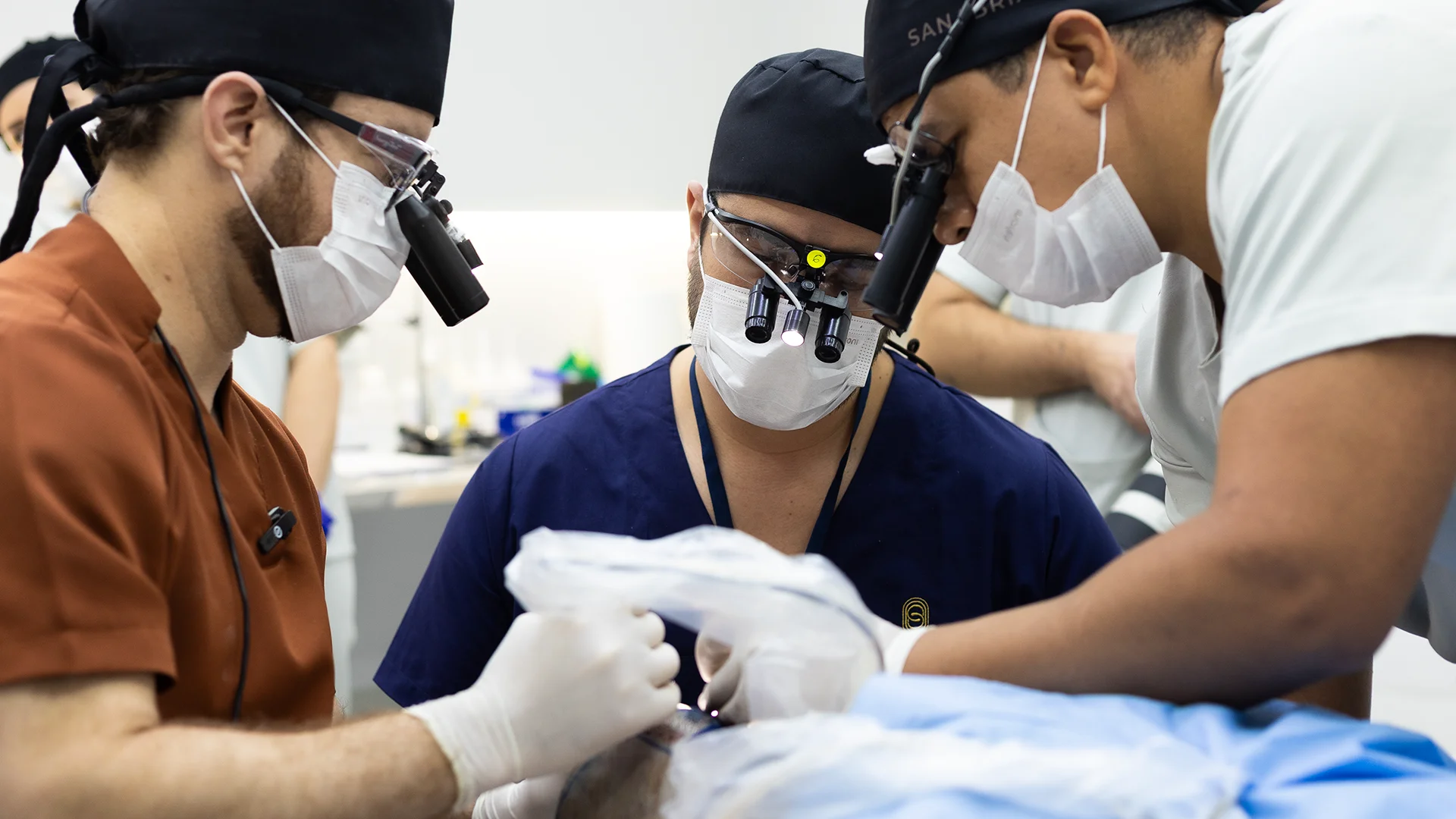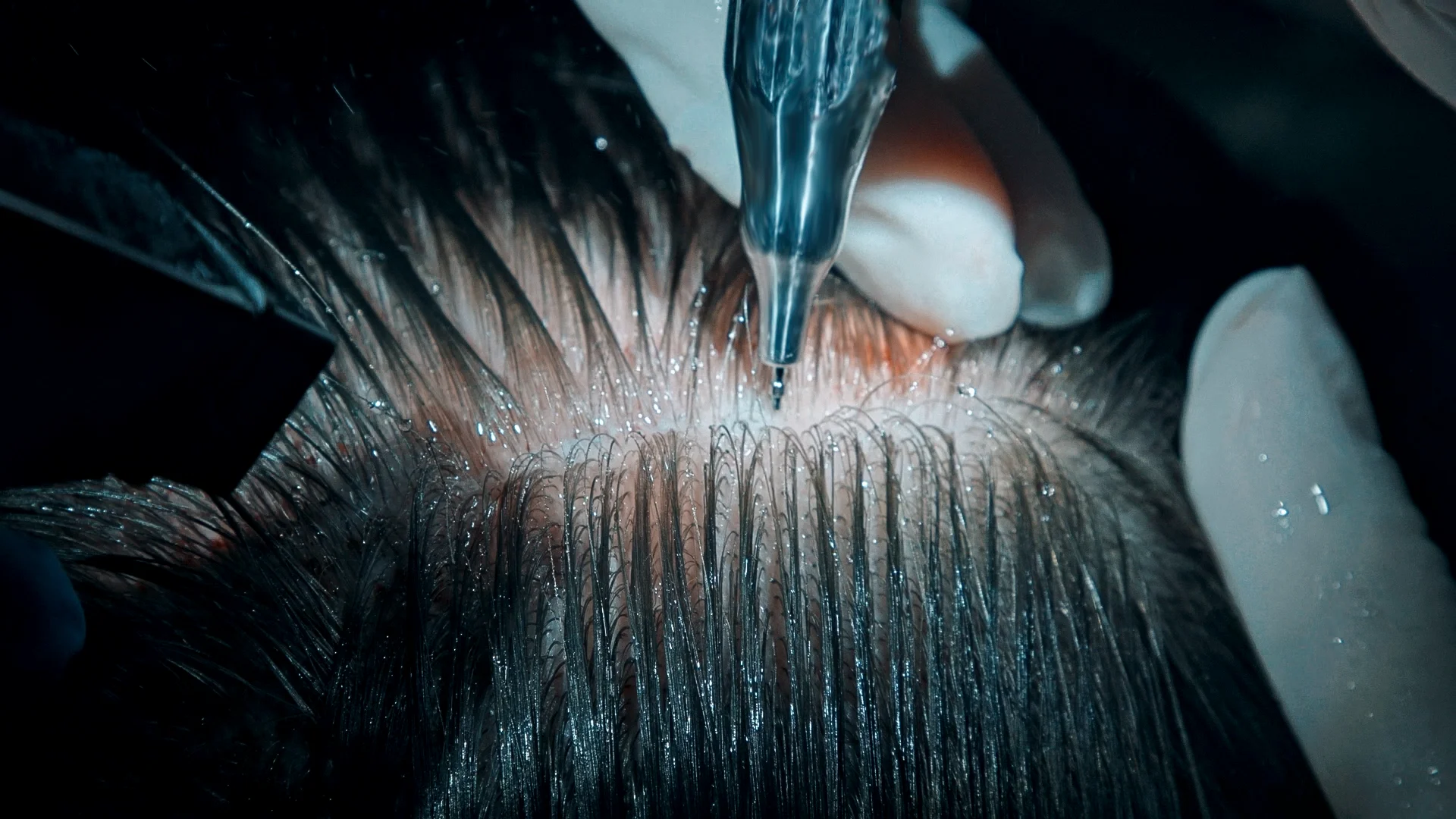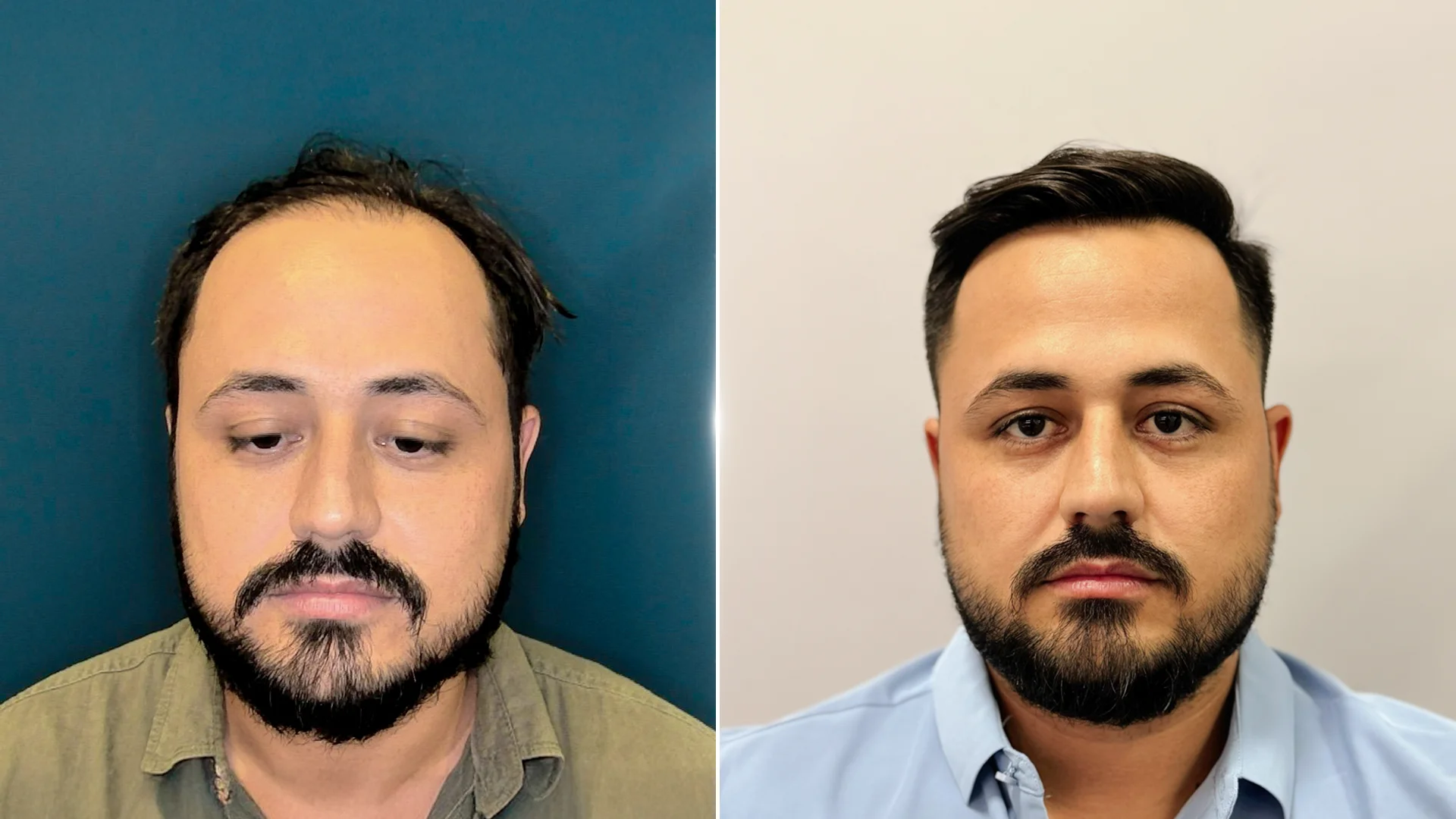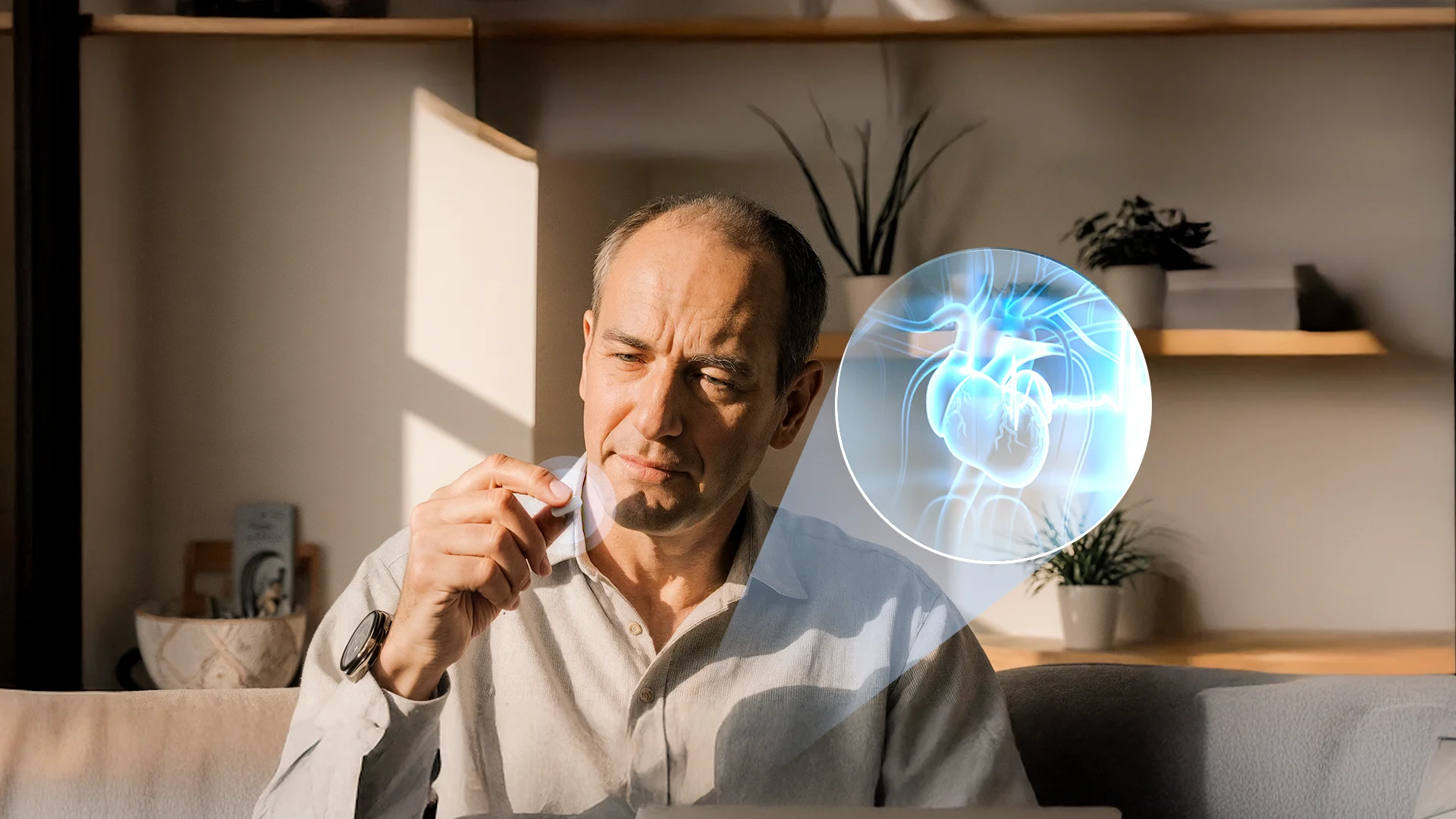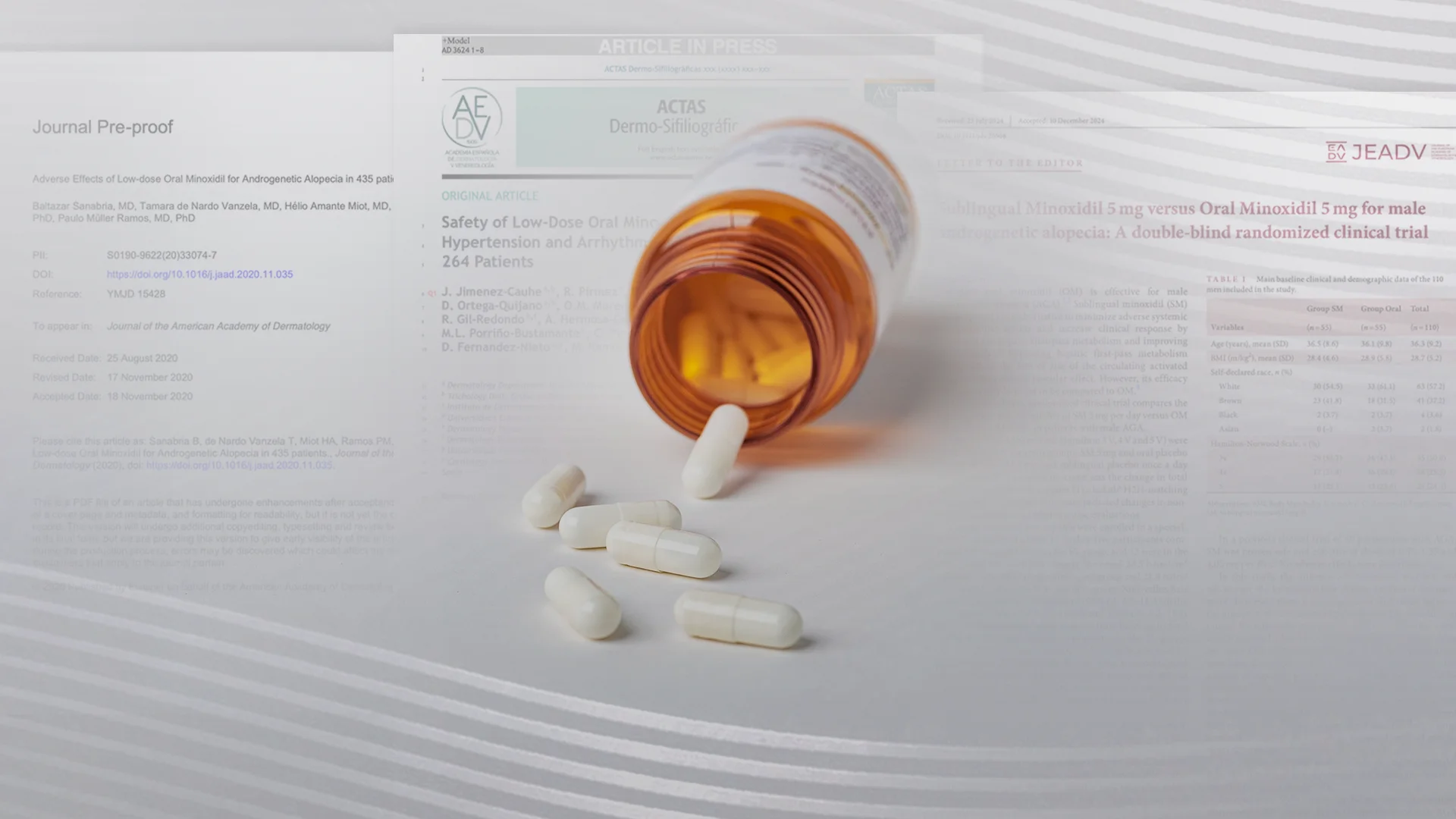If you’re noticing more hair in your brush or thinning around the temples, your first instinct might be to blame stress, hormones, or genetics. But what about diet? Could what you eat—or don’t eat—be behind your hair loss?
The answer is yes, in some cases. Diet can absolutely impact the health of your hair. However, the connection is nuanced, and not all hair loss is nutrition related. Let’s explore what science says about how diet and hair health are connected and what to watch for if you suspect your eating habits might be contributing to the problem.
How Hair Grows (And Why It Falls Out)
To understand the role of nutrition, it’s helpful to know how hair grows. Hair follicles go through cycles:
- Anagen (growth phase)
- Catagen (transition)
- Telogen (resting and shedding)
At any given time, most of your hair is in the growth phase. But when the body is under stress, including nutritional stress, it can prematurely push hair into the telogen phase, leading to excessive shedding. This condition is called telogen effluvium, and it’s one of the most common forms of temporary hair loss.
Nutritional Deficiencies Linked to Hair Loss
Certain vitamins and minerals are essential for healthy hair growth. Deficiencies can affect the hair follicle’s ability to function properly.
Iron
Low iron levels are one of the most common nutritional causes of hair loss, especially in women. Iron is essential for producing hemoglobin, which helps carry oxygen to hair follicles. Without it, hair may grow more slowly or stop growing altogether.
A 2017 review published in Dermatology Practical & Conceptual concluded that iron deficiency may be associated with chronic telogen effluvium and androgenetic alopecia, especially when ferritin (stored iron) levels drop below a certain threshold.
Vitamin D
Vitamin D plays a key role in the hair follicle cycle. Though more commonly linked to autoimmune hair loss disorders like alopecia areata, low vitamin D levels have also been observed in those with androgenetic alopecia and diffuse thinning.
Zinc
Zinc is crucial for protein synthesis and cell growth. It’s also involved in sebum production, which helps keep the scalp healthy. Deficiency has been associated with both telogen effluvium and alopecia areata.
Protein
Hair is made primarily of keratin, a type of protein. A diet too low in protein—especially when combined with weight loss—can result in weakened hair structure and excessive shedding.
Vitamin B (Including Biotin)
Biotin deficiency is rare but can cause thinning or brittle hair. B12 and folate also play roles in oxygen transport and cell division, both important for healthy hair production.
Crash Dieting and Hair Loss: A Hidden Risk
Cutting calories too aggressively or following extreme elimination diets can lead to nutrient imbalances, even if you’re eating “healthy” foods. Hair follicles are sensitive to even small changes in your nutritional status. And unlike skin or nails, changes in hair often take months to show, making it harder to pinpoint diet as the cause.
Can Changing Your Diet Reverse Hair Loss?
If hair loss is related to a nutritional deficiency or an energy imbalance, it’s often reversible. But it requires identifying the root cause and correcting it, sometimes with professional guidance. In many cases, improvements in diet can slow shedding and support regrowth over several months.
The key is balance. Over-supplementing can be just as harmful as a deficiency. For instance, excess vitamin A has been linked to hair loss, and high doses of certain minerals can interfere with absorption of others.
When Diet Isn’t the Whole Story
It’s important not to assume every case of hair shedding is diet related. Other causes include:
- Genetic hair loss (androgenetic alopecia)
- Hormonal changes (thyroid disease, menopause, post-pregnancy)
- Autoimmune diseases (e.g., alopecia areata)
- Medications (chemotherapy, anticoagulants, antidepressants)
If your hair loss is patchy, occurs suddenly, or is accompanied by other symptoms (e.g., weight changes, fatigue, rash), seek medical evaluation.
Final Thoughts
While diet alone may not be the sole culprit behind hair loss, it can absolutely influence hair health. Nutrient deficiencies—especially iron, zinc, vitamin D, and protein—have well-established links to shedding and thinning. And if you’re crash dieting or following extreme food plans, your hair might be the first to show the effects.
Making sustainable dietary choices doesn’t just benefit your scalp—it supports overall health, mood, and energy. And when paired with advanced treatments, it can make a noticeable difference in how your hair grows and looks over time.
Share this :
Begin your journey with a private consultation.
Our concierge will be your first point of contact, guiding you through every step and helping schedule your personalized assessment.
